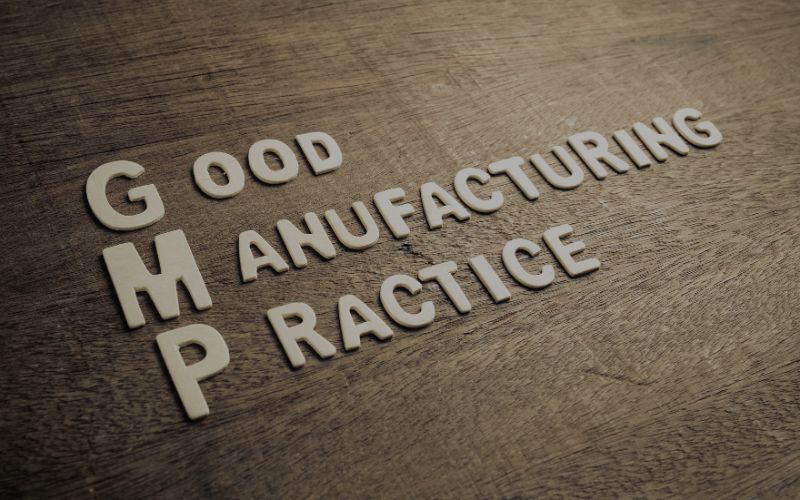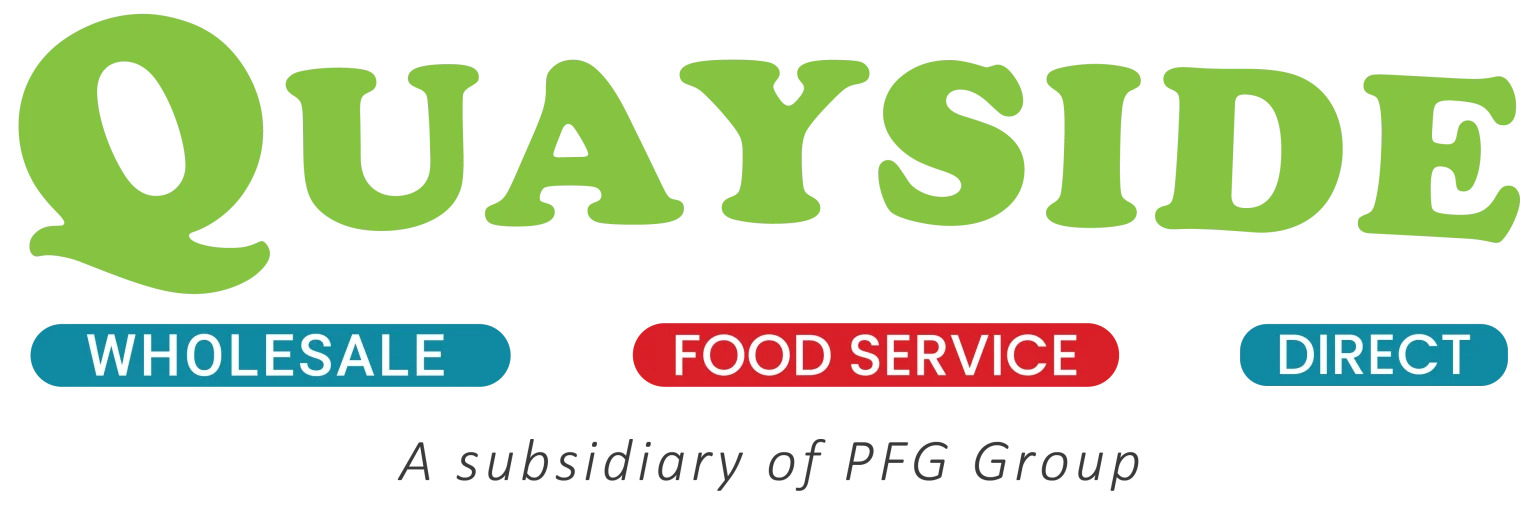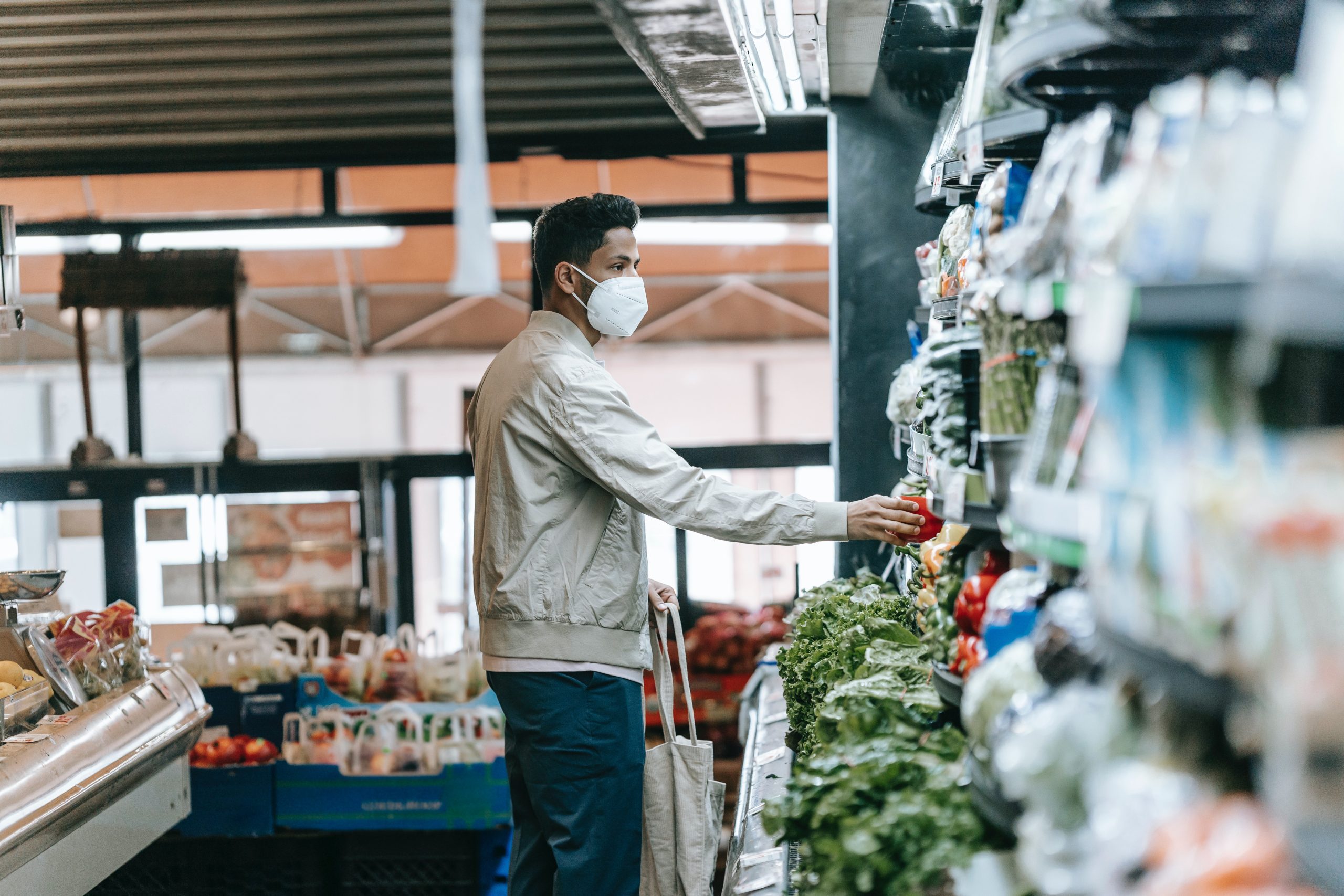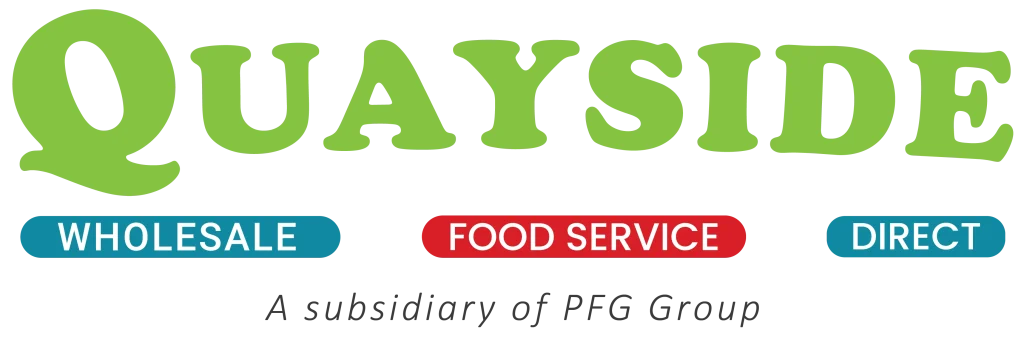Welcome, dear readers, to a fascinating exploration into the world of food safety! Have you ever wondered how your favourite meals always taste so wonderful, no matter the time of year? Well, there’s a mysterious and essential element behind the scenes called “food safety,” which protects us from dangerous risks in our food.
In this journey, we’ll uncover the unsung heroes of the supply chain – the food wholesalers. These hidden figures work tirelessly to ensure that every bite you take is safe and delicious. They play a vital role in keeping the culinary world running smoothly.
Let’s delve into the heart of the matter and learn about the importance of food safety in the supply chain. We’ll discover the key elements that food wholesalers follow to maintain high standards, such as HACCP, GMP, and proper labelling practices.
But hold on, there’s more! We’ll also explore how food wholesalers follow regulations to keep our meals safe from harm. We’ll even get a glimpse of the consequences when things go wrong.
Get ready to be amazed as we embark on this thrilling adventure together. We’ll reveal the amazing collaborations with others in the food industry and the advanced technologies used to protect our food. Along the way, captivating case studies and examples will show us the incredible efforts these guardians make to ensure our food’s safety.
So, are you excited to join us on this eye-opening journey? Let’s explore the hidden secrets of food wholesalers and how they ensure that every dish on your plate is a true delight!
Understanding Food Wholesalers
1. Definition and Function of Food Wholesalers
Food wholesalers are the behind-the-scenes heroes in the world of food distribution. They are businesses that act as middlemen between food manufacturers or producers and retail establishments, such as grocery stores, restaurants, and hotels. These wholesalers purchase large quantities of food products from manufacturers at discounted prices and then sell them in smaller quantities to retailers.
The primary function of food wholesalers is to bridge the gap between producers and retailers, ensuring a smooth flow of goods in the supply chain. They play a pivotal role in making sure that the right products reach the right places at the right time.
2. Their Role in the Food Supply Chain
Food wholesalers serve as critical links in the complex food supply chain. Their involvement enables the efficient movement of food products from production to consumption. Here are some key roles they play:
- Bulk Purchasing: Food wholesalers, buy food products in large quantities from manufacturers. This enables manufacturers to produce goods in larger batches, leading to cost savings. In turn, wholesalers can offer competitive prices to retailers.
- Warehousing and Storage: Wholesalers have large warehouses where they store purchased products. This allows for better inventory management and ensures a steady supply of goods to retailers, even during fluctuations in demand.
- Order Fulfilment: When retailers place orders for specific products, food wholesalers assemble and deliver the required quantities promptly. This efficiency is vital for keeping store shelves stocked and customers satisfied.
- Product Assortment: Wholesalers offer a diverse range of food products from various manufacturers, providing retailers with a one-stop-shop for their inventory needs.
- Distribution Efficiency: They have established distribution networks that efficiently transport goods to retailers over wide geographical areas.
Key Elements of Food Safety:
Ensuring the safety of our food is paramount to safeguarding public health. Several essential elements form the foundation of food safety protocols, creating a robust system that protects consumers from potential hazards. Let’s explore these key elements in detail:
1. Hazard Analysis Critical Control Points (HACCP)

HACCP is a systematic approach to identify, evaluate, and control potential hazards in food production and distribution. This science-based preventive system aims to
2. Good Manufacturing Practices (GMP)

GMP refers to a set of guidelines and principles that guide food manufacturers in maintaining consistent quality and safety in their production processes. These practices cover various aspects, including:
Facilities and Equipment: Ensuring that production facilities are clean, well-maintained, and designed to prevent contamination.
Personnel Hygiene: Encouraging good personal hygiene practices among employees to avoid food contamination.
Raw Material Handling: Properly handling, storing, and processing raw materials to prevent cross-contamination and spoilage.
Sanitation: Implementing effective cleaning and sanitation procedures to keep equipment and facilities free from harmful microorganisms.
Training: Providing regular training to employees on food safety practices and protocols.
3. Traceability and Product Labelling
Traceability and product labelling are essential for identifying the origin and movement of food products throughout the supply chain. This information is crucial in case of recalls or foodborne illness outbreaks, as it allows authorities to trace the source of the problem quickly. Clear and accurate labelling provides consumers with vital information about the product’s ingredients, nutritional content, allergens, and expiration dates.
4. Temperature Control and Storage
Temperature control is paramount in preventing the growth of harmful bacteria in food products. Both during production and transportation, maintaining appropriate temperature conditions is essential. Additionally, proper storage practices ensure that food remains safe and retains its quality until it reaches the consumers.
The Responsibilities of Food Wholesalers in Ensuring Food Safety:
Let’s explore these responsibilities in detail:
1. Supplier Selection and Evaluation
One of the primary responsibilities of food wholesalers is to carefully select and evaluate their food suppliers. Choosing reputable and reliable manufacturers and producers is fundamental to guaranteeing the safety of the products they distribute. Wholesalers must conduct thorough assessments of potential food suppliers, verifying their adherence to food safety regulations, quality standards, and good manufacturing practices (GMP). Regular evaluations and ongoing communication with suppliers are crucial to maintaining a high level of trust and compliance.
2. Quality Assurance and Product Testing
Maintaining stringent quality assurance measures is a cornerstone of food wholesalers’ responsibilities. They must conduct rigorous product testing and inspections to ensure that the items they receive from suppliers meet the required safety standards and specifications. These tests encompass a wide range of factors, including microbiological analysis, chemical composition, nutritional content, and physical attributes. By diligently scrutinizing each product’s quality, wholesalers safeguard consumers from potential hazards and disappointments.
3. Proper Storage and Handling Procedures
Proper storage and handling are essential steps to prevent contamination and spoilage during the warehousing process. Food wholesalers must maintain well-maintained and sanitary storage facilities with appropriate temperature controls. This ensures that perishable goods, such as fresh produce and dairy products, remain at optimal conditions to maintain their safety and freshness. Additionally, strict stock rotation practices are employed to prioritize the distribution of products with shorter shelf lives, reducing the risk of selling expired goods to consumers.
4. Transportation and Distribution Considerations
The transportation and distribution of food products involve a delicate dance that requires meticulous planning and execution to preserve food safety. Food wholesalers are responsible for selecting suitable transportation methods and carriers equipped to handle different types of products, whether frozen, refrigerated, or dry goods. Throughout the transportation process, temperature control is crucial to prevent spoilage and maintain product integrity. Regular monitoring and inspection of transportation equipment are essential to catch any potential issues promptly.
Furthermore, efficient logistics and tracking systems enable wholesalers to trace the journey of each product through the supply chain. This capability is invaluable in case of any recalls or contamination concerns, as it facilitates swift and accurate responses to safeguard consumer health.
Compliance with Food Safety Regulations:
These regulations are designed to protect consumers from potential health risks, maintain product quality, and ensure transparency throughout the supply chain. Food wholesalers, as key players in this intricate web, bear significant responsibility in upholding these essential safeguards.
A. Overview of Relevant Food Safety Regulations and Standards
Numerous regulatory bodies and standards organizations worldwide set guidelines for food safety. These regulations encompass a wide range of aspects, including handling, storage, transportation, labelling, and hygiene practices. Some of the prominent regulatory frameworks and standards include:
Food Safety Modernization Act (FSMA) (USA): Enacted to enhance the safety of the US food supply, FSMA places emphasis on prevention, inspection, compliance, and response to food safety issues.
European Food Safety Authority (EFSA) (EU): EFSA evaluates and communicates risks related to the food chain, providing scientific advice to guide EU food safety policies.
Codex Aliment Arius Commission: Developed jointly by the Food and Agriculture Organization (FAO) and the World Health Organization (WHO), this international food standards program promotes safe, nutritious, and fair trade practices globally.
ISO 22000:2018: This international standard specifies requirements for food safety management systems, helping organizations identify and control food safety hazards.
B. The Role of Food Wholesalers in Adhering to these Regulations
Food wholesalers act as gatekeepers in the distribution process, ensuring that products meet stringent safety standards before reaching consumers. To achieve compliance, they must:
Stay Informed: Wholesalers must keep abreast of the latest food safety regulations and standards, both locally and globally, to remain compliant with ever-changing requirements.
Documentation and Record Keeping: Accurate record-keeping is crucial for demonstrating compliance with regulations. Wholesalers must maintain detailed records of product inspections, supplier certifications, transportation processes, and more.
Supplier Collaboration: Establishing open lines of communication with food suppliers is essential for verifying that the products received meet the necessary safety standards.
Traceability: Implementing robust traceability systems helps wholesalers quickly identify the origin of products in case of recalls or contamination issues.
Consequences of Non-Compliance
Non-compliance with food safety regulations can have severe repercussions. These consequences may include:
- Health Risks
- Damage to Reputation
- Legal and Financial Penalties
- Supply Chain Disruptions
Advancements in Food Safety Technology:

As the global population grows, so does the demand for safe and high-quality food. In response to this challenge, the food industry is embracing technological innovations to enhance food safety practices. These advancements not only improve the detection and prevention of potential hazards but also ensure greater transparency and traceability throughout the supply chain. Let’s explore two key areas where technology is making significant strides in food safety:
1. Innovative Tools for Monitoring and Maintaining Food Safety
- Rapid Testing and Detection Devices: Advanced technologies have given rise to portable and rapid testing devices that can quickly identify contaminants, pathogens, and allergens in food products. These devices enable real-time testing at various stages of the supply chain, allowing for immediate actions to be taken if any safety issues are detected.
- Smart Sensors and IoT Devices: Internet of Things (IoT) technology has enabled the use of smart sensors that monitor various environmental factors, such as temperature, humidity, and air quality. These sensors can be embedded in storage facilities, transportation vehicles, and even packaging, providing real-time data to ensure optimal conditions for food safety.
- Food Safety Apps: Mobile applications are becoming increasingly popular tools for consumers and industry professionals to access information about food safety. These apps provide guidance on proper food handling, storage, and preparation, as well as up-to-date information on recalls and safety alerts.
- Nanotechnology: Nanotechnology is revolutionizing food safety by enhancing packaging materials with antimicrobial properties, extending shelf life, and preventing contamination. Additionally, Nano sensors can be used to detect pathogens and other contaminants with exceptional sensitivity.
2. Role of Data Analytics and Block chain in Supply Chain Transparency
Data Analytics: Data analytics plays a crucial role in food safety by enabling businesses to process and analyse vast amounts of data collected from various sources. By utilizing artificial intelligence and machine learning algorithms, data analytics can identify patterns, trends, and potential risks in the supply chain, allowing for proactive risk management and decision-making.
Block chain Technology: Block chain is transforming supply chain transparency by creating an immutable and decentralized ledger of transactions. Each step in the supply chain, from farm to fork, is recorded in a secure and transparent manner. This technology enables stakeholders to trace the origin, processing, and distribution of food products, reducing the time and effort required for recalls and ensuring greater trust and accountability.
Smart Contracts: Block chain’s smart contract feature automates certain processes, such as quality checks, certifications, and compliance requirements. This reduces the administrative burden and increases the efficiency of food safety compliance.
Supply Chain Traceability: Block chain’s ability to provide end-to-end traceability enhances food safety by facilitating the swift identification and containment of potential contamination issues. In case of a foodborne illness outbreak, the exact source of the problem can be quickly traced, preventing further spread and minimizing the impact on public health.
Embracing these advancements in food safety technology not only ensures the well-being of consumers but also helps businesses build trust, streamline operations, and adapt to changing regulatory requirements. As technology continues to evolve, its integration into food safety practices will play a vital role in ensuring a safer and more resilient food supply chain for future generations.
Read More: How Food Wholesalers Help Reduce Food Waste
Conclusion:
In conclusion, exploring the critical role of food wholesalers in ensuring food safety unveils the hidden heroes behind the scenes, diligently working to protect consumers and maintain the integrity of our food supply. From implementing advanced traceability systems and embracing cutting-edge technologies to collaborating closely with suppliers and prioritizing comprehensive employee training, food wholesalers are the guardians of food safety throughout the supply chain.
As conscious consumers, it is essential for us to recognize and appreciate the efforts of these unsung heroes. By understanding the vital role played by food wholesalers in upholding food safety standards, we can make informed choices and support companies that prioritize safety and transparency.
So, let us be curious, inquisitive, and proactive in learning more about the pivotal role of food wholesalers in our culinary journey. As we delve deeper into the intricate web of food safety practices, we become empowered consumers, advocating for safe, wholesome, and delicious meals on our tables.
Let’s raise awareness about the indispensable role of Food Wholesalers in ensuring food safety and inspire others to join us in fostering a culture of food safety excellence, where every bite is a delightful celebration of taste and trust. Together, we can champion a more secure and resilient food supply chain, protecting the health and well-being of everyone around us.





